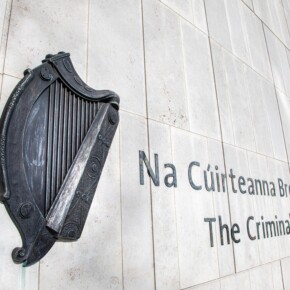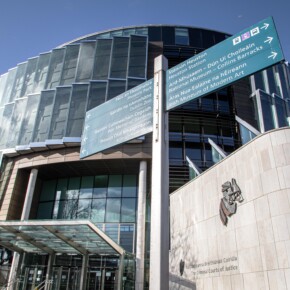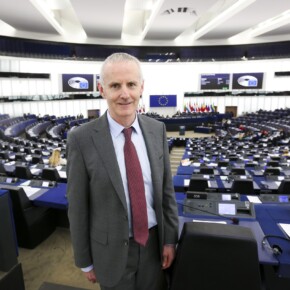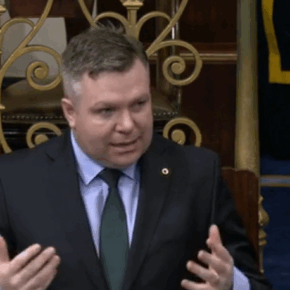Neurological patients in North Dublin left behind as community rehab services stall
Padraig Conlon 15 Apr 2025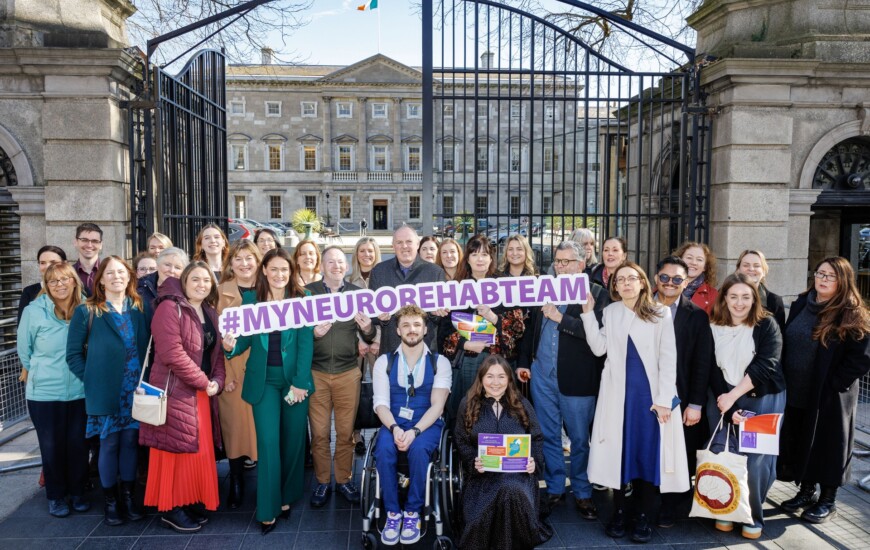
The Neurological Alliance of Ireland (NAI) has issued a stark warning about the lack of neurorehabilitation supports in the Dublin region, with patient advocates telling political representatives that lives are being dramatically impacted by years of inaction.
At an online meeting yesterday (14th), attended by TDs, medical professionals, and patient groups, campaigners outlined how North Dublin continues to be left behind in the rollout of vital community neurorehabilitation services promised under the Government’s 2019 Neurorehabilitation Strategy.
Despite a pledge six years ago to deliver nine community neurorehabilitation teams across the country, progress has been patchy.
The team for North Dublin, first promised in 2019, remains unfunded.
Meanwhile, areas such as Dublin South East/Wicklow and Dublin South West/Kildare/West Wicklow are preparing to see their teams come on stream later this year, creating what campaigners describe as a “postcode lottery” in access to care.
Major hospitals like the Mater and Beaumont are left without dedicated community neurorehabilitation support in their own areas, leaving patients adrift once they leave hospital care.
Eugene Hancock, a patient advocate from North Dublin, gave a powerful account of how his life was upended after suffering an acquired brain injury (ABI).
“After a family holiday, during which I spent a lot of time sleeping, my then-wife insisted that I see a doctor.
“I’d put my ongoing tiredness and forgetting things down to working long hours as a taxi driver, but after some brain scans and investigations by a neurologist, I learned that I had an acquired brain injury,” he said.
“Looking back, I can probably attribute it to a car accident I’d had about 15 years ago while working and though I did attend A&E at the time, there was no discussion about a head injury.
“The ABI has completely changed my life. From the hospital I was transferred to a nursing home.
“My marriage ended and I lost my home and everything I’d worked so hard for, because I could no longer work and earn a living.”
Eugene now lives in local authority housing and struggles daily with short-term memory and basic tasks.
While he credits Headway, a brain injury support service, with giving him vital help, he warned that many others are missing out on life-changing support due to the lack of structured rehabilitation in the community.
“There are plenty of others out there with little to no support in the community and are missing out on the rehabilitation that could change their lives,” he said.
NAI Executive Director Magdalen Rogers said the situation cannot continue and called for urgent action in this year’s Budget to fund four additional neurorehabilitation teams.
“Neurorehabilitation is a vital service that allows people with neurological conditions to live their day to day lives.
“We’re calling on the Government to address the urgent needs of people in the Dublin region impacted by the lack of services,” she said.
“We want to see a clear signal that they intend to deliver on the pledges within the Programme for Government to complete the national rollout of community neurorehabilitation teams and to developing more specialist inpatient rehabilitation beds and implement community based multidisciplinary rehabilitation services in each HSE Regional Health Authority Area.”
The online meeting was the first in a series of regional events where patients and advocates will continue to share personal stories highlighting the critical shortage of rehabilitation services. Upcoming events will cover the North West (12 May), Midlands (26 May), and South East (9 June).
More information is available at www.nai.ie.


